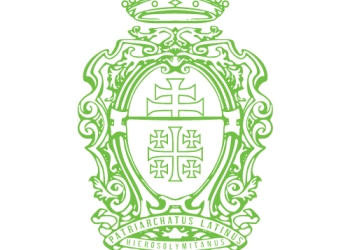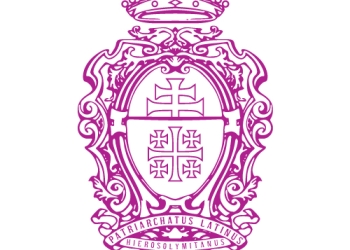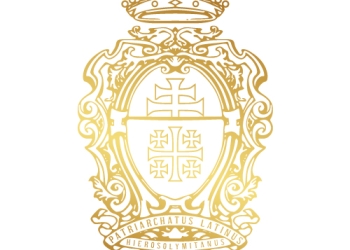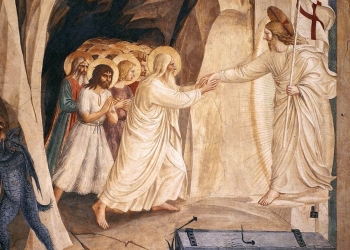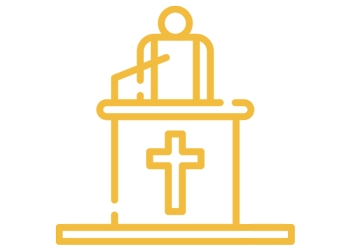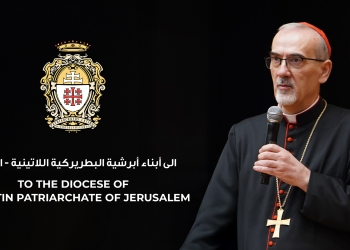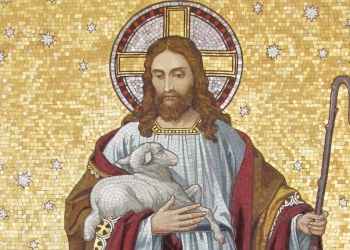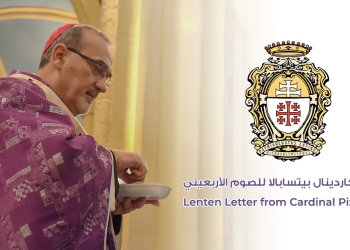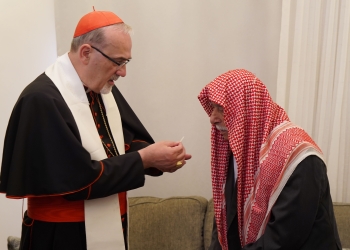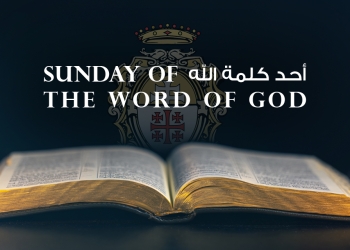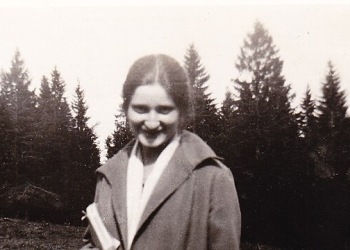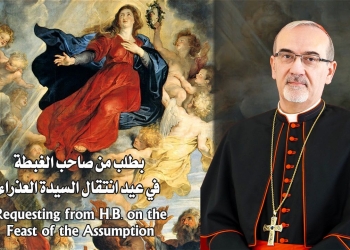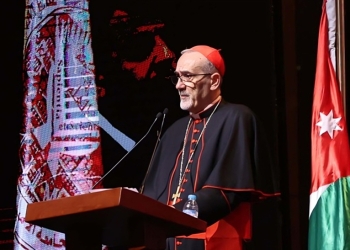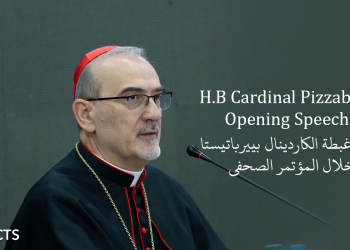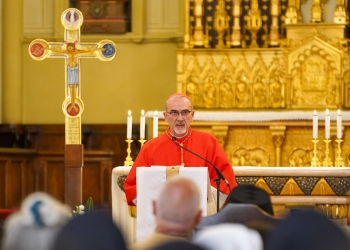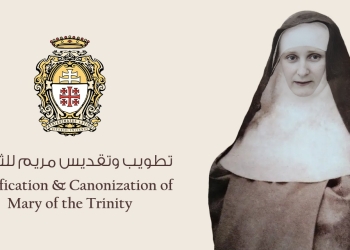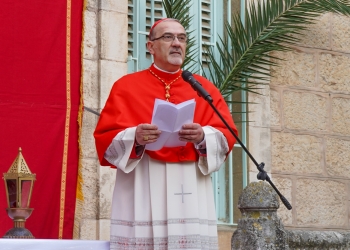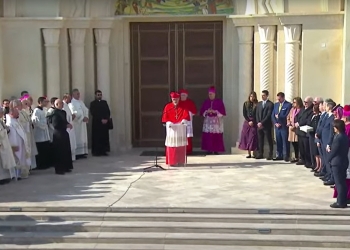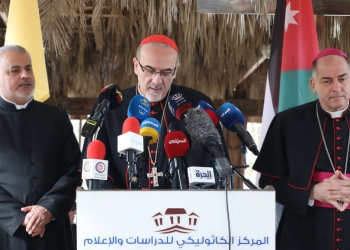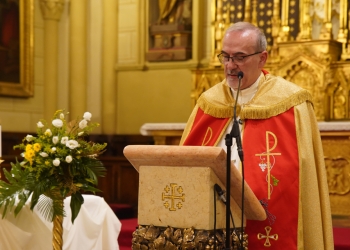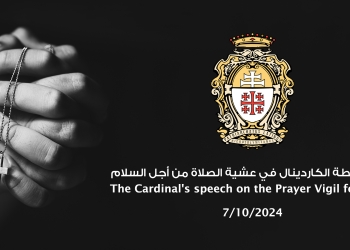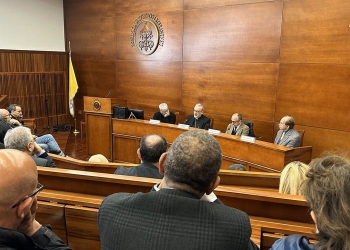December 17, 2023
III Sunday of Advent B
Jn 1: 6,8 – 19, 28
This third Sunday of Advent also introduces us to the character of John the Baptist.
Presenting him to us today is the evangelist John, who speaks of the Baptist from the very beginning, within the great prologue opening his Gospel (Jn. 1:6-8), and he continues his portrayal in the verses immediately following (Jn. 1:19-28).
Who is John and what is his mission?
We have a first answer in verses 6-8, and another in verses 19-28.
The first answer is that of the evangelist, who tells us three essential things: John is a man sent by God; he was sent to be a witness, to bear witness to the light; and, finally, the evangelist tells us that the purpose of his witness is that all may believe.
The evangelist makes it clear: the Baptist was not the light, because in John's Gospel it is clear that the light is Jesus, and He alone. Jesus himself will say of himself that He is the light of the world (John 8:12), while the Baptist came to bear witness to the light.
The verses following the prologue, however, show us how this witness occurs, what it means for John to bear witness to the light.
Some perplexity arises among the leaders in Jerusalem about the Baptist: for not everyone could set out to baptize people, so the leaders' perplexity is legitimate. The leaders, therefore, send some priests and Levites to the Jordan to question him about his identity, and so the Baptist gives testimony.
They asked him basically two questions: the first question concerns John's identity, the second his mission.
Actually, John does not answer or, rather, he does not say anything about himself, because John is not the witness of himself, he did not come to speak about himself or even to be spoken about. The Baptist's answer is a continuous, total, radical, reference to Christ.
John speaks of himself through a denial, which he repeats several times: I am not (Jn. 1:20, 21). I am not the Christ, I am not Elijah, I am not the prophet.
His life has no meaning except in relation to Christ: John is not the bridegroom, but the friend of the bridegroom (Jn 3:29). He is not the light, but the witness of the light; he is not the Word, but the voice through which the Word can speak; and precisely through this existence only in relation to Christ, John fulfills his life, achieves his mission till the end.
In brief, John does not respond. As a way of saying: it is not important who I am. The real question is not about me, "but there is one among you whom you do not recognize " (John 1:26).
The Baptist's testimony helps us to put ourselves in the right place. That of the one who does not know.
The whole Gospel of John is traversed by this experience: that of not knowing, not recognizing. It is the experience of Nicodemus (Jn. 3:10), of the Samaritan woman (Jn. 4:29), of the man born blind (Jn. 9:36)... But it is also the experience of all the disciples after Jesus' death and resurrection, starting with Mary of Magdala, who does not recognize the Lord (Jn. 20:14), to the disciples on the Lake of Tiberias (Jn. 21:4).
John tells us that the right way to stand before the coming Lord is to admit that we do not know him, we don’t understand him; from this humble attitude comes the question, the desire, the search, the faith, just as in all the characters mentioned above, who started from the darkness of the blindness of their hearts and opened to the light, that is, to a relationship of trust and love with the Lord Jesus. This is the path of faith.
The Baptist, the evangelist John tells us, came for this very reason: that all might believe (Jn. 1:7).
+Pierbattista



